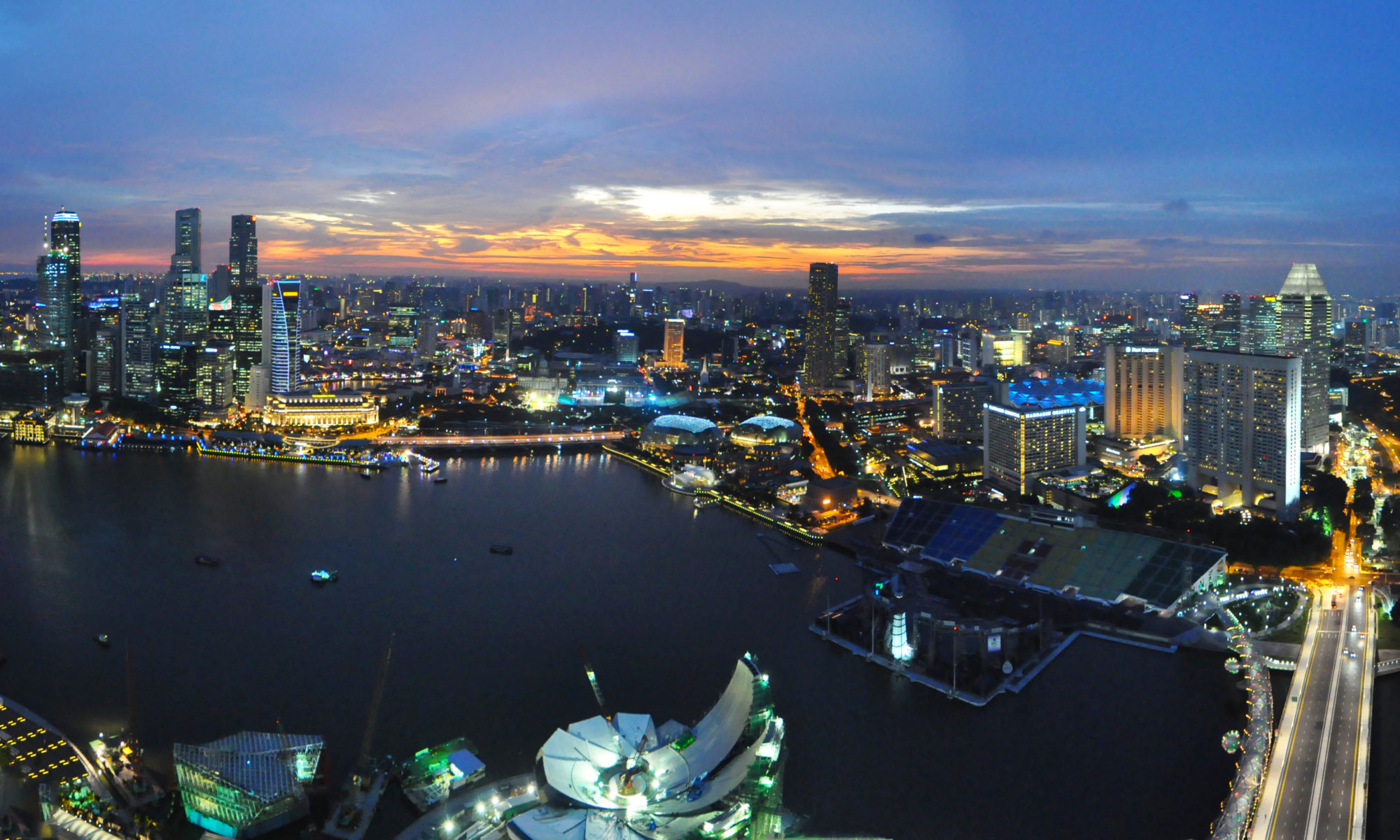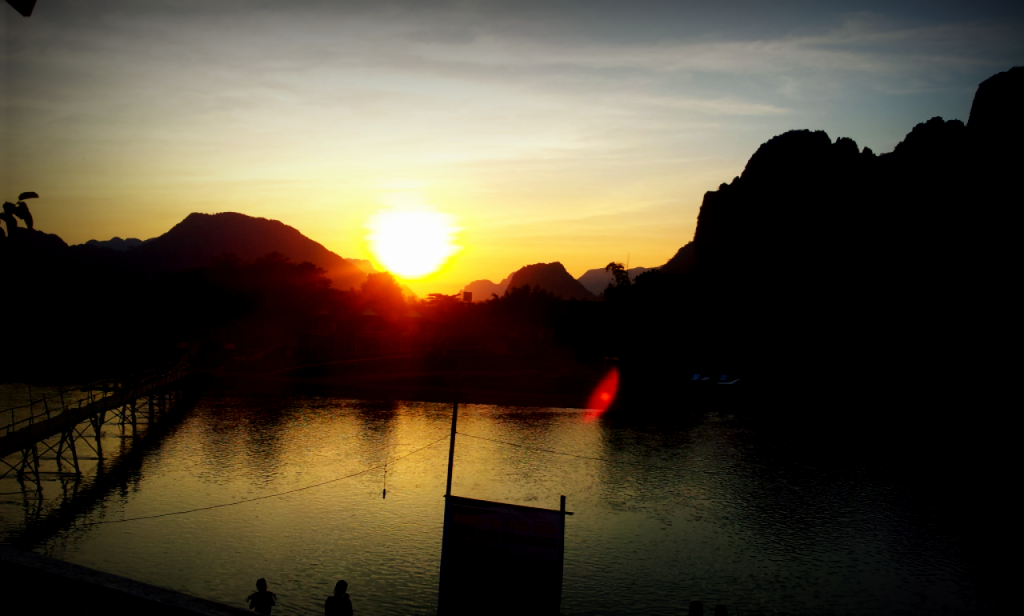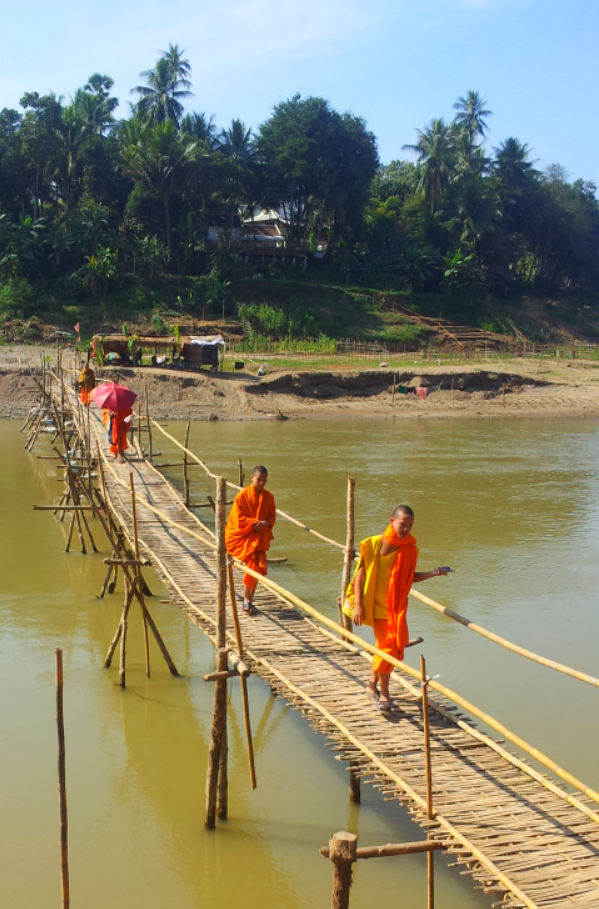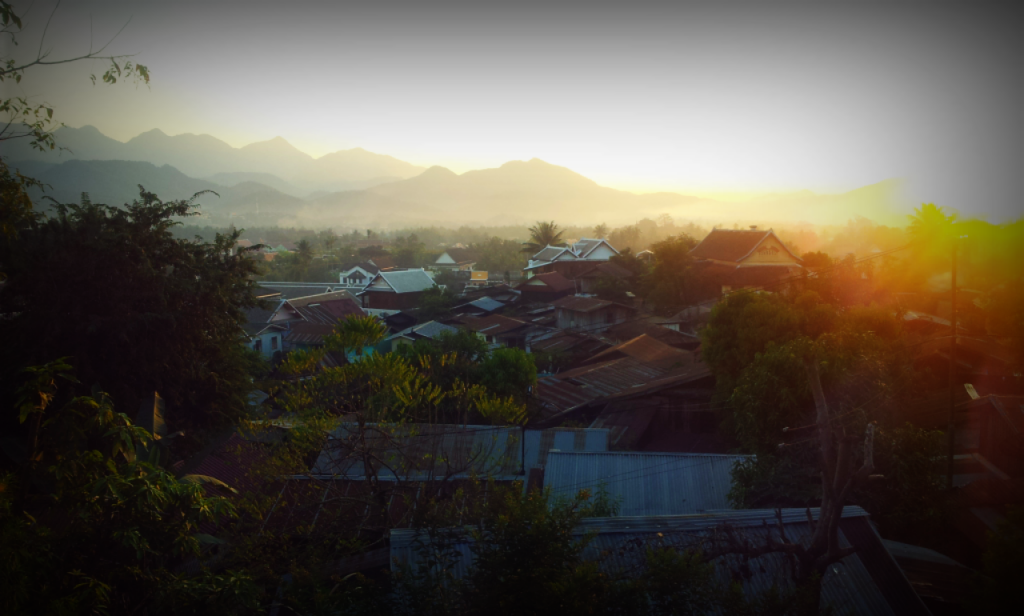A Violation
I recently had a disturbing conversation with a friend named Lucy*. Lucy and I have a strange and tenuous connection. We chat online and have only done so a few times. We don’t know each other’s last names. We are veritable strangers. So it was odd when one morning when I woke up and saw a message from her asking for my help. She told me a guy did something bad to her. And that she might need the help of the police. She wanted someone to talk to and, as you will learn below, she had some reasons for choosing me.
What happened to her is terrible and private and humiliating. I suppose one of the reasons she came to me is because we are so disconnected–such strangers to each other–that she could tell me something she could not share with her close circle in her home town. Below is this story. Continue reading “A Violation”
Duplicity or Simplicity
 I just finished A Thousand Pieces of Gold by Adeline Yen Mah. It tells the story of the first few emperors of China and the Chinese proverbs those stories spawned. The book was fantastic, both informative and engaging. But its tales of history were framed with the author’s twisted and sad reflections on her family life. Despite loving the book, those family stories made me dislike the author.
I just finished A Thousand Pieces of Gold by Adeline Yen Mah. It tells the story of the first few emperors of China and the Chinese proverbs those stories spawned. The book was fantastic, both informative and engaging. But its tales of history were framed with the author’s twisted and sad reflections on her family life. Despite loving the book, those family stories made me dislike the author.
Mah gives an account of the duplicitous actions of her step mother, her oldest sister, and her older brother. She explains that everyone schemed against her. And in presenting her own sad tale in the backdrop of Chinese history, she asserts that life is a series of machinations and betrayal. I emphatically disagree. In fact, I think the people that imagine enemies and ulterior motives are the very ones that create a toxic atmosphere.
The real question I am today asking myself is if our future is better by acknowledging the games people play and becoming better at them. Or are these games self-defeating? Would our lives and ambitions be more fulfilled if we spoke directly and honestly and assumed others were doing the same? Certainly our lives would be simpler if this were true.
Ignorance Is An Asset
 Asia has presented me a cultural puzzle I struggle to solve every day. The frustration of Asia to most Americans is exactly how un-American the cultures can be. For those of us that want to live here, it is exactly those differences that intrigue us and draw us in. I recently visited Beijing for the first time unencumbered by work. There are few better examples of how un-American a culture can be than mainland China.
Asia has presented me a cultural puzzle I struggle to solve every day. The frustration of Asia to most Americans is exactly how un-American the cultures can be. For those of us that want to live here, it is exactly those differences that intrigue us and draw us in. I recently visited Beijing for the first time unencumbered by work. There are few better examples of how un-American a culture can be than mainland China.
Consider the following: most people agree that mainlanders are pushy, rude, loud, and dirty. They spit in the subway. Their children urinate in the airport. They cut to the front of queues and will walk right through you like you are not even there. Seeing all of these in one hour in Beijing could easily lead someone to a simplified and negative view of the Chinese. But this conclusion would be wrong.
Cultural Awareness (or: How I Learned to Understand Chinese Traffic)
Americans make jokes about Chinese drivers*. I never knew if an American joking about a Chinese driver was an astute observer or a racist. It can be tough to tell these things apart with racial, national, or cultural generalizations. But I admit in California I surely saw my saw my share of strange behaviors initiated by Chinese drivers: stopping on highway on-ramps, backing up on the highway to turn off an an exit that was accidentally passed, etc. As a open-minded Californian I resisted the urge to associate these behaviors with any race or culture. And then I visited China.
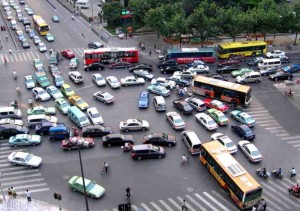 When I moved to Singapore I found myself visiting China for business regularly. As others that have done the same will testify, the roads there are absolutely fucking insane. In Shanghai I saw a woman slam on her brakes while in the fast lane of a highway. Her tires locked up, smoke billowing out from under the car, the vehicle leaning forward and sliding slightly on the friction of melted rubber, all so she use an exit she was passing. After stopping she gingerly turned the car 90 degrees to the side and idled across the highway through honking 100 KPH traffic.
When I moved to Singapore I found myself visiting China for business regularly. As others that have done the same will testify, the roads there are absolutely fucking insane. In Shanghai I saw a woman slam on her brakes while in the fast lane of a highway. Her tires locked up, smoke billowing out from under the car, the vehicle leaning forward and sliding slightly on the friction of melted rubber, all so she use an exit she was passing. After stopping she gingerly turned the car 90 degrees to the side and idled across the highway through honking 100 KPH traffic.
Taxi drivers entering roads in China usually do not even look to their sides before doing so. They act on the faith that another driver that might hit them will raise alarm by honking to call attention to the extreme danger they are about to put themselves in. God knows what happens when horns fail.
But it was in Singapore that I noticed an even stranger phenomenon. Continue reading “Cultural Awareness (or: How I Learned to Understand Chinese Traffic)”
Laos and Luang Prabang After Five Years
[Article written on 6 January, right after I arrived in Luang Prabang, Laos.]
I am currently enjoying a 10-day vacation through southeast Asia. My friend and travelling partner, Jonaca, teaches and has three weeks off school. By herself she visited Cambodia and Bangkok. I joined her for Laos and northern Thailand. At this moment we are in Luang Prabang, a city I visited years ago. It has changed remarkably. It should come as no surprise that this regional transformation is linked with China’s growth. But more on that later.
I met Jonaca in Bangkok on Wednesday, 2 January. We spent a few hours drinking beers in Patpong, watching the seedy district setup for the night. At night time we caught an overnight train to Nong Khai, Thailand. Nong Khai is the last railroad station on the path from Bangkok to the capital of Laos, Vientienne. Laos has never been rich enough to build a single kilometer of rails so the tracks stop at the border.
The overnight train was awesome. Our two-person sleeper had bunk beds and was made up for us with clean sheets after dinner. There was an open-air restaurant serving beers until late. After a few more we retired and woke up pulling into Nong Khai. From there is was a sequence of short rides and long queues to get into Laos. We then took a four-hour van to Vang Viene.
Vang Viene is famous in Laos for the wrong reasons. A gentle river lazilily snakes through the town which is supported by visiting tourists. The sharp mountains, colorful sunsets, and beautiful river first drew people here. But it is the wild parties and omnipresent drugs that brought in the dangerous crowds.
Along the river bars sprouted up to cater to the masses of backpackers that ride inner tubes and kayaks down the river. The bars blared music and sold opium, weed, and mushrooms in drinks and food. The bars setup rope swings into the muddy water, which conceals dangerous rocks. Dozens of tourists died here last year.
Unlike Thailand, the Laos government generally enforces curfew at 23:00. I suppose the huge amount of money the river bars generated bought special consideration from the local police. But when this part of Laos became famous for dying tourists the government finally stepped in. During my visit with Jonaca, there were no bars open on the river. It was just the two of us sitting in tubes floating down the water.
Which I am fine with, by the way. I quite like a quiet city with cold beer and friendly locals. The idea of 19-year-old Aussie kids puking up their mushroom shakes on the bar floors does not appeal to me. So, all-in-all, Vang Viene worked for me. We spent a couple days there then took a lovely six-hour car ride to Luang Prabang, where I now sit.
As I mentioned above, I visited this town five years ago. I stayed in the Luang Prabang Bakery, which is still the most charming place in old town. Because it was full we are staying a couple doors away at the Villa Phathana. This hotel is nice enough.
But it is incredible how much Luang Prabang has changed since my last visit! I read the Chinese are helping Laos build a new airport in Luang Prabang. This is part of the multi-billion dollar railway project that China wants to connect Kunming in China’s south all the way to Bangkok. Its first destinations will be Luang Prabang and Vientiene. I read last week that China’s conditions of the loan to Laos for this project are onerous. The IMF has asked Laos to decline the deal. But the prospect of China helping Laos build its first train network ever is too strong. The project will almost certainly go forward.
So, Laos is cuddling up to China. There are Chinese language signs all over town. And the China-funded airport in Luang Prabang has made this city accessible to the world. The town is incredibly busy. I thought last time it was just me and the tuk-tuk drivers here. But today the streets are swarming with French, Malaysians, Chinese, and Americans. This charming village has finally been discovered.
Today Jonaca and I are relaxing, writing, and probably drinking. Tomorrow we fly to Chiang Mai, which is the only other destination on this tour. I hope to make time for another blog entry.
South China Sea
The past few weeks have seen a lot of disagreement over the South China Sea by the countries that border it. This waterway connects China to europe, Africa, middle east. And it has been identified as a potential rich source of oil, natural gas, rare earth minerals. The Paracel and Spratly islands, sprinkled throughout the sea, command the region. Sometimes multiple countries claim ownership of the islands. The water that surrounds them is hotly contested.
Communication in Asia
A Facebook friend recommended to me Malcom Gladwell’s Outliers, a book I finished on a flight to Korea last week. This is the second of Gladwell’s books I have read and I enjoyed it just as much as the first, The Tipping Point. One part of Outliers, a discussion on Asian communication, seems to offer a piece in the puzzle I am trying to solve on how to be successful in Asia.
Western communication has what linguists call a “transmitter orientation”–that is, it is considered the responsibility of the speaker to communicate ideas clearly and unambiguously…But Korea, like many Asian countries, is receiver oriented. It is up to the listener to make sense of what is being said. [Emphasis from Gladwell.]
Beijing Work Visit
I just left Beijing, the first stop in an Asia Pacific tour of training I am delivering for my coworkers. This was my first time in the greater China region and my expectations were low. I had only 72 hours in the city and knew that work would dominate my time. Also, and I cannot explain why, but I was unenthusiastic about visiting any part of the Chinese mainland. But this trip was a professional joy and a personal delight. I am already counting the ways I can use my one year multi-entry visa for China.
